Mental health is an integral part of our overall well-being, yet it is often overlooked, especially in the fast-paced and demanding world of student life. Balancing academics, social life, extracurricular activities, and personal responsibilities can be overwhelming, leading to stress, anxiety, and other mental health challenges.
Our goal with this page is to provide resources, support, and information that will help you navigate these difficulties and prioritize your mental well-being. Here, you will find guidance on understanding common mental health issues, practical tips for self-care, and information on where to seek help when you need it. Remember, you are not alone, and taking care of your mental health is a sign of strength, not weakness.
Table of Contents
Informations
Understanding Anxiety
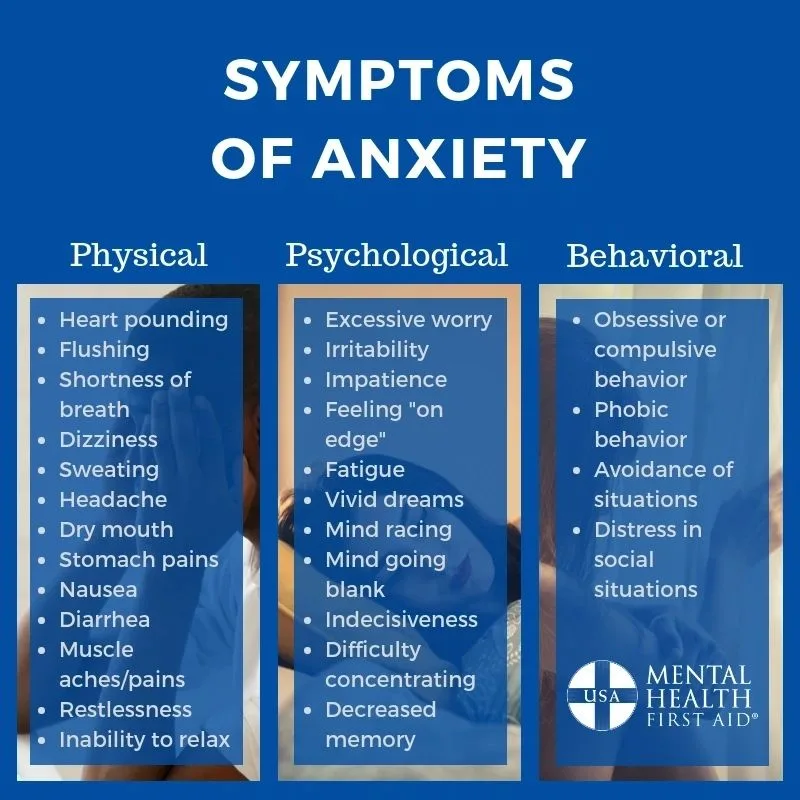
Anxiety is one of the most common mental health issues that students face. It can manifest as persistent worry, nervousness, or a sense of dread that interferes with daily life. While feeling anxious before a big exam, presentation, or social event is normal, anxiety becomes a problem when it is constant, overwhelming, and hard to control. For many students, anxiety might show up as racing thoughts, trouble concentrating, or even physical symptoms like a fast heartbeat, sweating, and stomach problems. These symptoms can make it difficult to study, attend classes, or engage in social activities, leading to a cycle of stress and avoidance.
It’s important to understand that anxiety is not just “all in your head.” It is a real condition that affects your body and mind, and there are many factors that can contribute to it, including academic pressure, personal relationships, financial stress, and even genetics. Recognizing the signs of anxiety is the first step toward managing it effectively. If you find yourself constantly worrying, feeling restless or on edge, or struggling with sleep due to racing thoughts, it may be a sign that anxiety is affecting you more than you realize. Managing anxiety starts with acknowledging it and taking small, practical steps to cope.
- Identify triggers, patterns or situations that trigger anxious feelings.
- Mindfulness techniques like breathing exercises have immediate effects on anxiety.
- Set realistic goals that are small and manageable.
Understanding Depression
Depression goes beyond feeling sad; it can lead to persistent feelings of hopelessness, fatigue, and a loss of interest in daily activities. Students might experience depression due to academic stress, isolation, or major life changes. You need to recognize the symptoms and seek appropiate support.
- Recognize symptoms like persistent sadness, loss of interest in activities and changes in sleep patterns.
- Establish a routine for the daily activities and schedule regular activities that give you a sense of accomplishment.
- Engage in physical activity. Even short bursts of exercise can boost endorphin level.
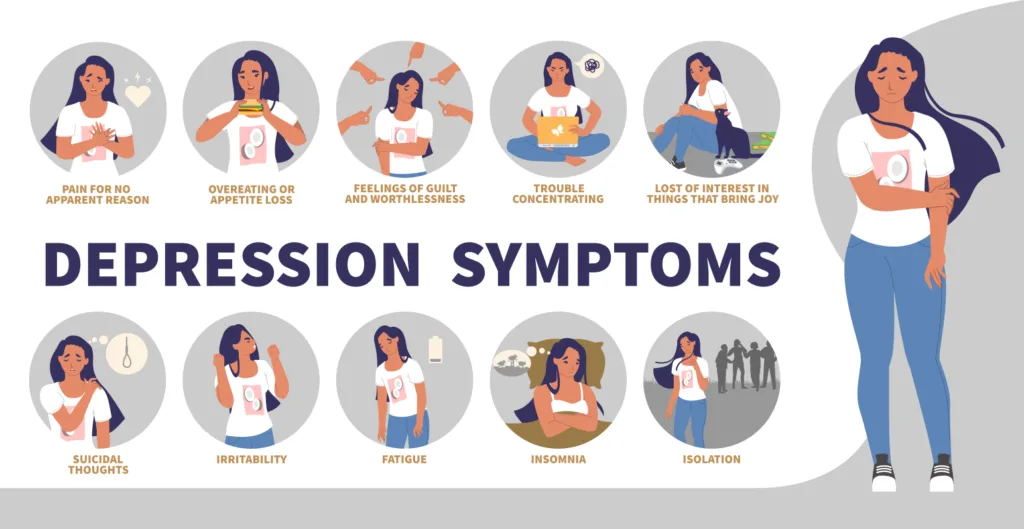

Coping with Stress
Stress is a natural part of student life, but prolonged stress can negatively affect health and performance. Understanding the difference between manageable stress and overwhelming stress is essential.
- Practice time management using planners in order to avoid last-minute or forgotten deadlines.
- Take breaks like the Pomodoro Technique (where you work 25 minutes and then take a 5-minute break).
- Prioritize self-care activities that bring joy and relaxation.
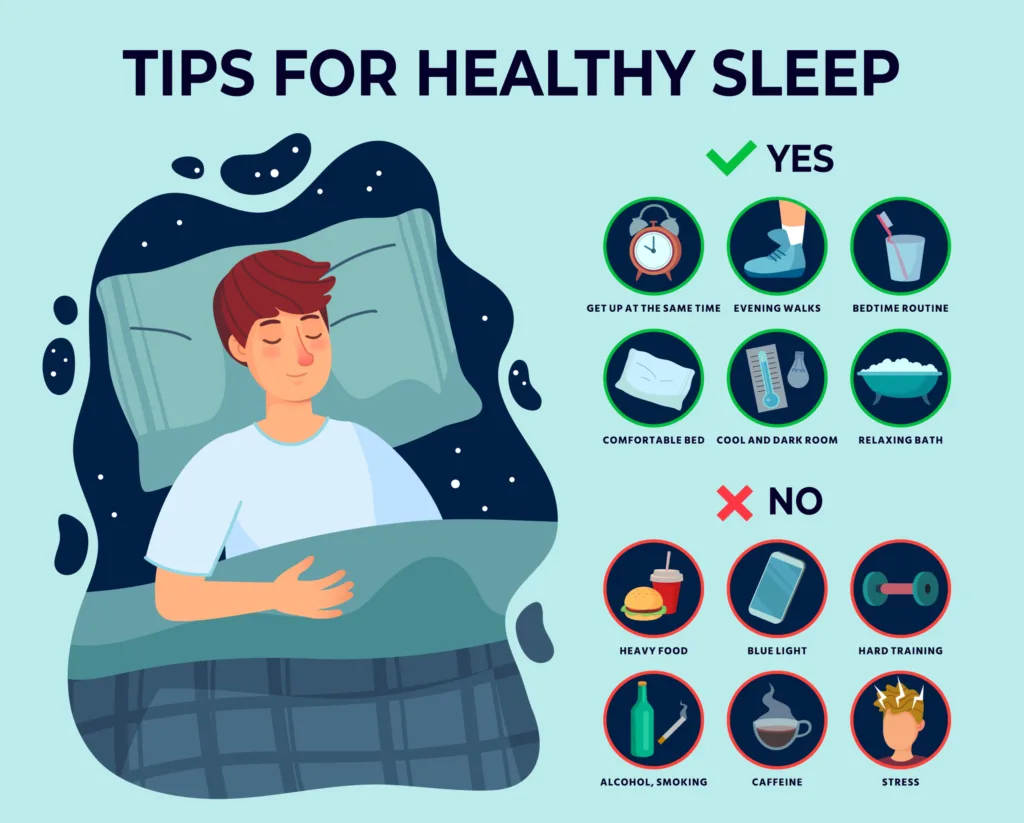
Sleep and Mental Health
Quality sleep is critical for cognitive function, mood regulation, and overall well-being. Sleep problems can exacerbate or even lead to mental health issues like anxiety and depression. Information on establishing good sleep hygiene can promote better rest.
- Establish a sleep routine in order to regulate your body’s internal clock.
- Make your sleeping area dark, quiet and cool or use sleep masks or white noise machines.
- Avoid stimulants (sugar, caffeine) and screen exposure (blue light) in the hours leading up to bedtime.
Social Connections and Loneliness
Maintaining healthy social relationships is important for mental health. However, university life can sometimes lead to feelings of loneliness and isolation. Understanding how to build and maintain connections can foster a sense of belonging.
- Reach out to friends and family, even if it’s just a quick text or call.
- Schedule social activities or extracuricular activities to maintain connections.
- Don’t be afraid to express your feelings to others.
Eating Habits and Well-Being
There is a strong link between diet and mental health. Poor eating habits can lead to or worsen mental health issues, while a balanced diet can support overall well-being. Learning about nutrition can encourage healthier eating patterns.
- Focus on foods that provide sustained energy with a diet rich in fruits, vegetables, whole grains and lean proteins while limiting processed foods.
- Drink enough water to be hydrated at all times.
- Have consistent meal and snack times to prevent mood swings associated with hunger.
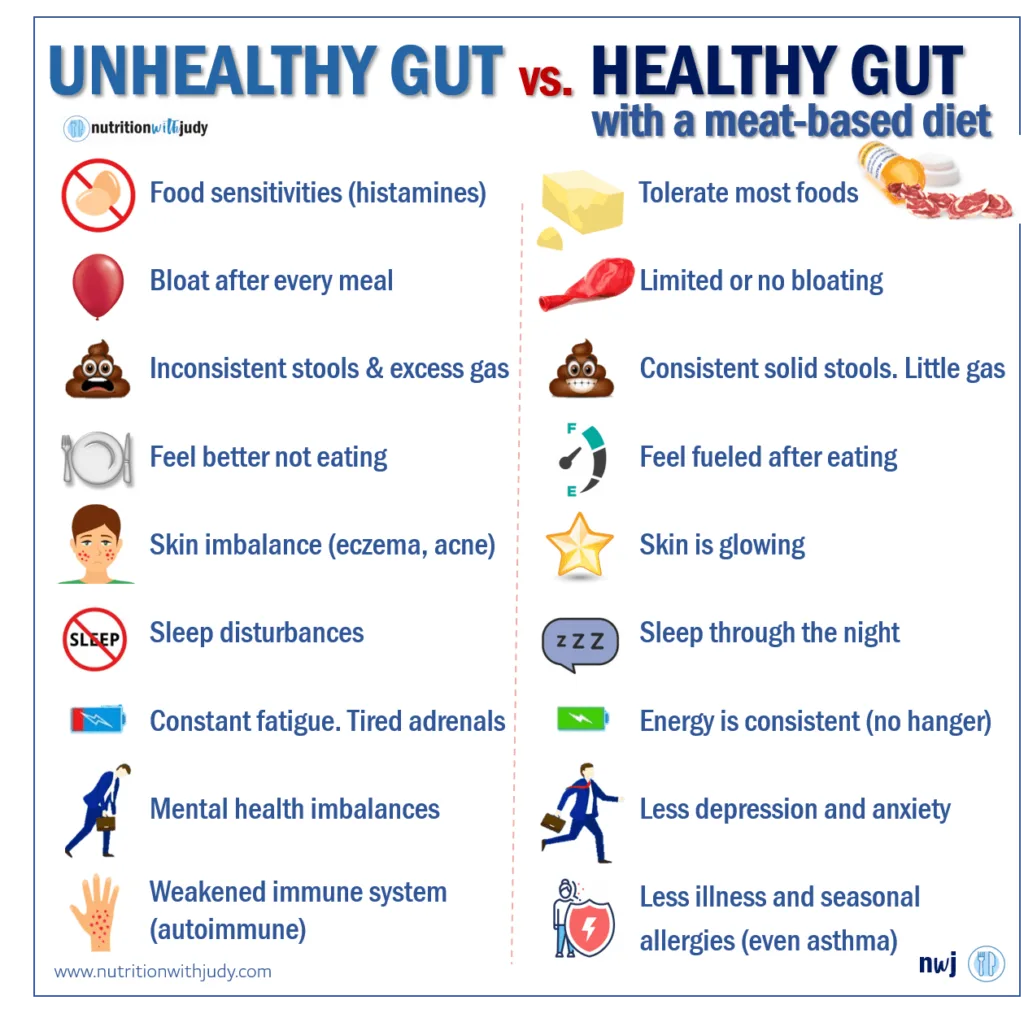

Recognizing Signs of Burnout
Burnout can result from prolonged stress, characterized exhaustion, lack of motivation, and reduced academic performance. Students may experience burnout due to heavy course loads and extracurricular commitments.
- Monitor the energy levels through the day, week and month.
- Evaluate your current commitments and responsabilities.
- Take short breaks to improve productivity.
Support
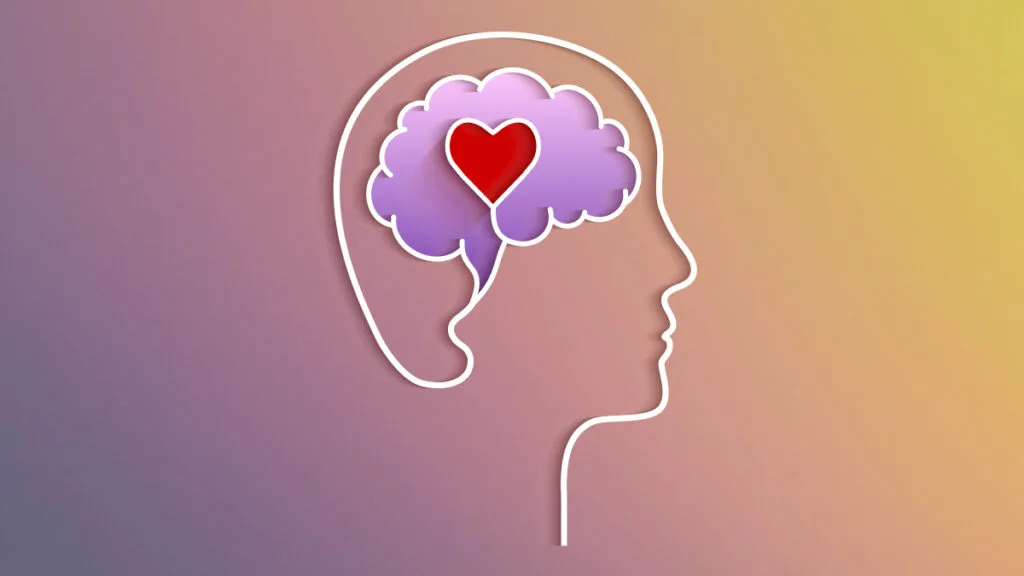
Counseling in Romania
- Counseling in suicidal crisis situations: 0800.801.200 / sos@antisuicid.com / 19:00 – 07:00
- Emotional support and counseling: 0374.456.420 / Non-stop
- Teenagers counseling: 0374.461.461 / Non-stop
- Domestic violence, discrimination and trafficking: 0800.500.333 / Non-stop
- The University of Bucharest: contact@dss.unibuc.ro / +4021-315.80.92
Counseling at ASE
- E-mail: consiliere@ase.ro
- Website: https://consiliere.ase.ro/ (in romanian)
- Phone: 021/319.19.00 or 021/319.19.01
- Phone interior: 561 or 574;
- Adress: Mihail Moxa Street no. 5-7, District 1, Bucharest
- Room: 3003
- Monday – Thursday: 8:00 – 16:00
- Friday: 8:00 – 13:00

Organizations
- https://us.ase.ro/ – The official ASE student organization
- https://aser.ro/ – Focused on enhancing student life and opportunities for development
- https://www.aiesec.org.ro/ – Global platform for internship and volunteer opportunities
- https://bosromania.ro/ – Starts iniatives and projects
- https://asfin.ase.ro/ – Student Association of Finance at ASE
Resources
- https://www.helpguide.org/ – HelpGuide nonprofit organization
- https://www.verywellmind.com/ – Verywell Mind
- https://www.health.harvard.edu/topics/mental-health – Harvard University
- https://www.mhanational.org/resources – Mental Health America
- https://www.cdc.gov/mental-health/about/index.html – Mental Health UK
- https://handbookgermany.de/en/mental-health – Mental Health Germany
- https://mentalhealthforromania.org/ – Mental Health Romania
- https://www.who.int/health-topics/mental-health – World Health Organization (WHO)
- https://www.psychologytoday.com/us – Psychology Today

FAQs about Mental Health

What is mental health?
Mental health refers to our emotional, psychological, and social well-being. It affects how we think, feel, and act, as well as how we handle stress, relate to others, and make choices. Good mental health is essential for overall well-being and can influence physical health as well.
How do I know if I need help?
If you are experiencing persistent feelings of sadness, anxiety, or overwhelming stress that interfere with your daily life, it may be time to seek help. Other signs include changes in mood, appetite, sleep patterns, or withdrawing from social activities. It’s important to trust your feelings and reach out for support if you need it.
What should I expect from counseling?
In counseling, you can expect a safe, confidential space to discuss your feelings and concerns. A counselor will listen to you without judgment and may provide tools and strategies to help you cope with your challenges. Sessions may focus on understanding your emotions, setting goals, and developing coping skills.

How can I support a friend who is struggling with mental health?
Listen actively and without judgment, encouraging them to express their feelings. Offer support and remind them that it’s okay to seek help. If they’re open to it, suggest professional resources, but respect their privacy and boundaries. Simply being there can make a significant difference.
Are mental health services confidential?
Yes, mental health services typically maintain strict confidentiality. Counselors and mental health professionals are bound ethical guidelines to protect your privacy, with a few exceptions related to safety concerns. Always feel free to ask your provider about their confidentiality policies.

Is it normal to feel anxious or stressed as a student?
Yes, experiencing anxiety and stress is common among students due to academic pressures, social situations, and life changes. However, when these feelings become overwhelming or persistent, it’s essential to seek help and explore coping strategies.
Can mental health issues affect academic performance?
Yes, mental health issues can significantly impact academic performance. Conditions such as anxiety and depression may lead to difficulty concentrating, decreased motivation, and changes in attendance. Seeking support early can help mitigate these effects and improve your academic experience.
